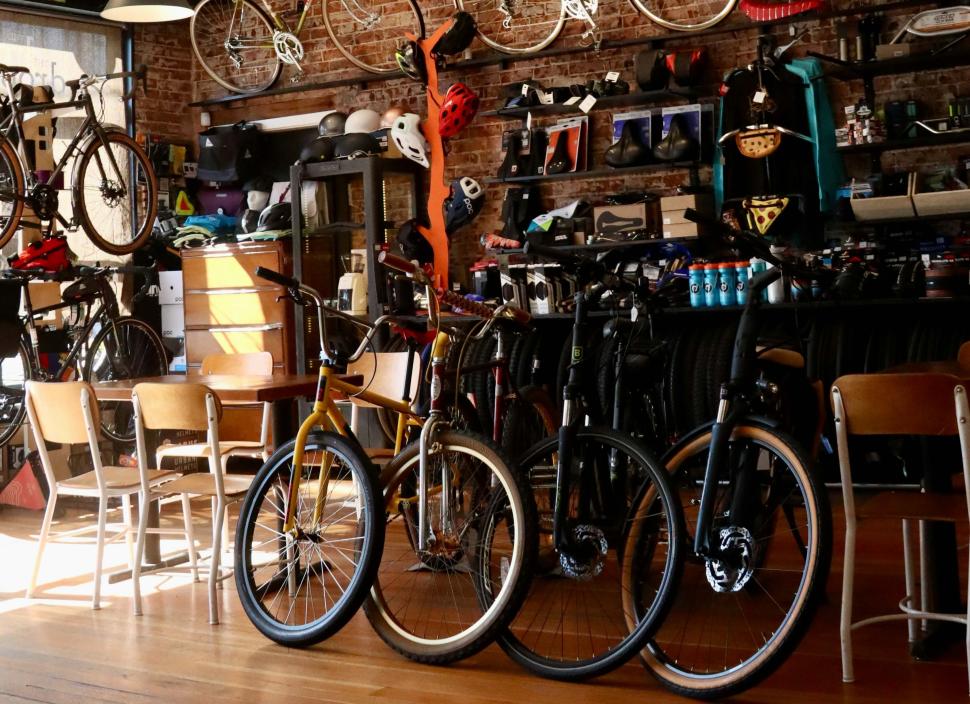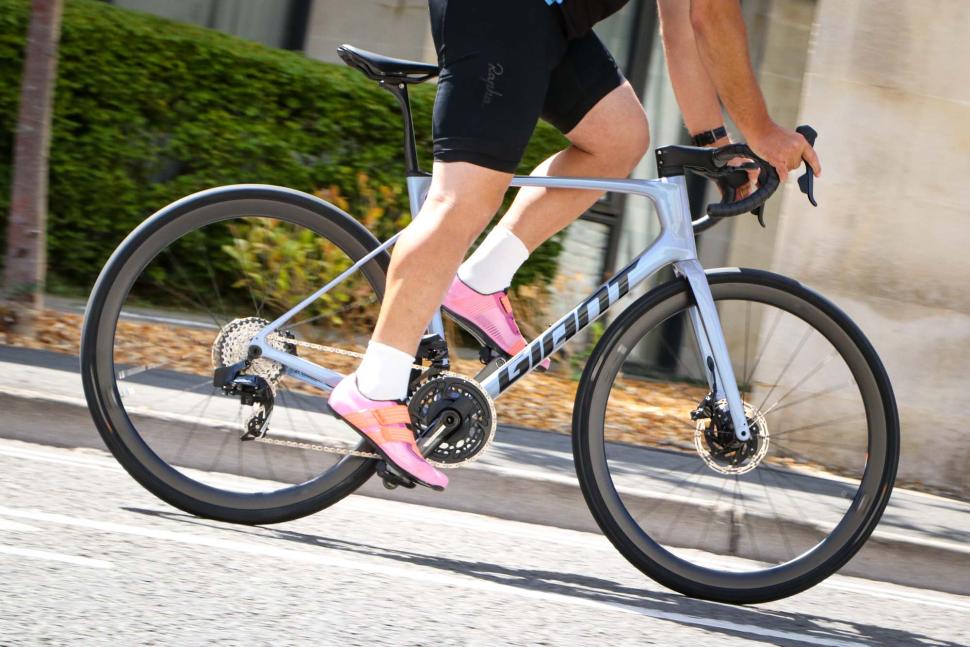US-based cycling clothing brand Terry Precision Cycling is one of the businesses challenging Donald Trump’s tariffs with a lawsuit at the Supreme Court next week.
There has been widespread criticism of the US President’s controversial economic policy from across the bike industry throughout 2025, numerous brands raising prices, speaking out or ending their interest in the US market entirely.
 Donald Trump (credit: Notions Capital/Flickr creative commons)
Donald Trump (credit: Notions Capital/Flickr creative commons)
However, Terry Precision Cycling, the long-running women’s cycling clothing manufacturer, has taken its opposition to the tariffs to the courts and is one of the businesses which has challenged Trump’s tariffs with a lawsuit to be heard at the Supreme Court next week.
> Bike industry on hold as uncertainty around Trump’s controversial tariffs continues
“We felt like our backs were up against the wall,” company president Nik Holm told ABC News ahead of the court date. “If it becomes so unaffordable for them to do it, less can enter into that joy, that freedom of being on a bike. It was about surviving this uncertainty.”
Holm added that the inconsistent nature of Trump’s tariffs, which have changed numerous times, has left Terry Precision Cycling asking: “If we don’t know the rules of the game, how are we supposed to play?”
The clothing brand added $50 to the price of a pair of shorts when a 145 per cent tariff on Chinese imports was introduced, hiking the price to $199. Vermont-based Terry Precision Clothing uses materials imported from countries such as France, Italy and Guatemala. The company says that the material used in its jerseys cannot be found outside of China.
The lawsuit argues that Trump “claims the authority to unilaterally levy tariffs on goods imported from any and every country in the world, at any rate, calculated via any methodology — or mere caprice — immediately, with no notice, or public comment, or phase-in, or delay in implementation, despite massive economic impacts that are likely to do severe damage to the global economy”.
According to a report by Bicycle Retailer and Industry News from earlier in the year, it demands damages for the amount collected by Trump’s administration for tariffs, payment of plaintiff attorneys’ fees; and any other damages and relief the court deems appropriate.
“Even before this year’s increases, we were already paying tariffs of up to 39.5 per cent,” Holm commented in a press release. With the additional 145 per cent now imposed, we can’t survive long enough to shift course. 20 years ago, we made all our apparel in the U.S. but gradually moved production overseas to sustain our business.
 Bike shop (credit: Manny Becerra via Unsplash)
Bike shop (credit: Manny Becerra via Unsplash)
“Bringing manufacturing back would require a long-term strategy supported by consistent government policies, investment in factories with skilled sewers, and access to raw materials that are not subject to high tariffs. Many of our products rely on raw materials that are simply not produced in the U.S.”
While the bike industry has been near-unanimous in its criticism of Trump’s tariffs, US bike manufacturer Guardian Bikes remains something of an outlier in that the company has lobbied the Trump administration to go further and include bicycles and frames in a proposed 50 per cent aluminium and steel tariff.
Guardian Bikes’ co-founder and CEO Brian Riley claimed it would “promote fair competition, enhance domestic supply chain security, and support national interests”.
 2025 Giant Defy Advanced SL 1 – riding 5.jpg (credit: road.cc)
2025 Giant Defy Advanced SL 1 – riding 5.jpg (credit: road.cc)
Tariffs have been one of the industry’s biggest stories this year, brands such as Giant, Specialized, Trek, Brompton and numerous others raising prices in the US in response.
Unsurprisingly, the tariffs have seen imports of Chinese bikes to the US plummet, but the controversial economic policy has also been blamed by brands such as Rotor for their US office shutting and for BMC slashing a quarter of its workforce.
In July, the industry group PeopleForBikes warned the US bike industry might not recover from the “devastating consequences” of Trump’s tariffs until the end of the decade.

